'It's actively sabotaging your sleep' - property expert reveals the hidden impact of the type of home you live in
From a new build flat to a Victorian terrace, these are the housing types that are hindering your sleep

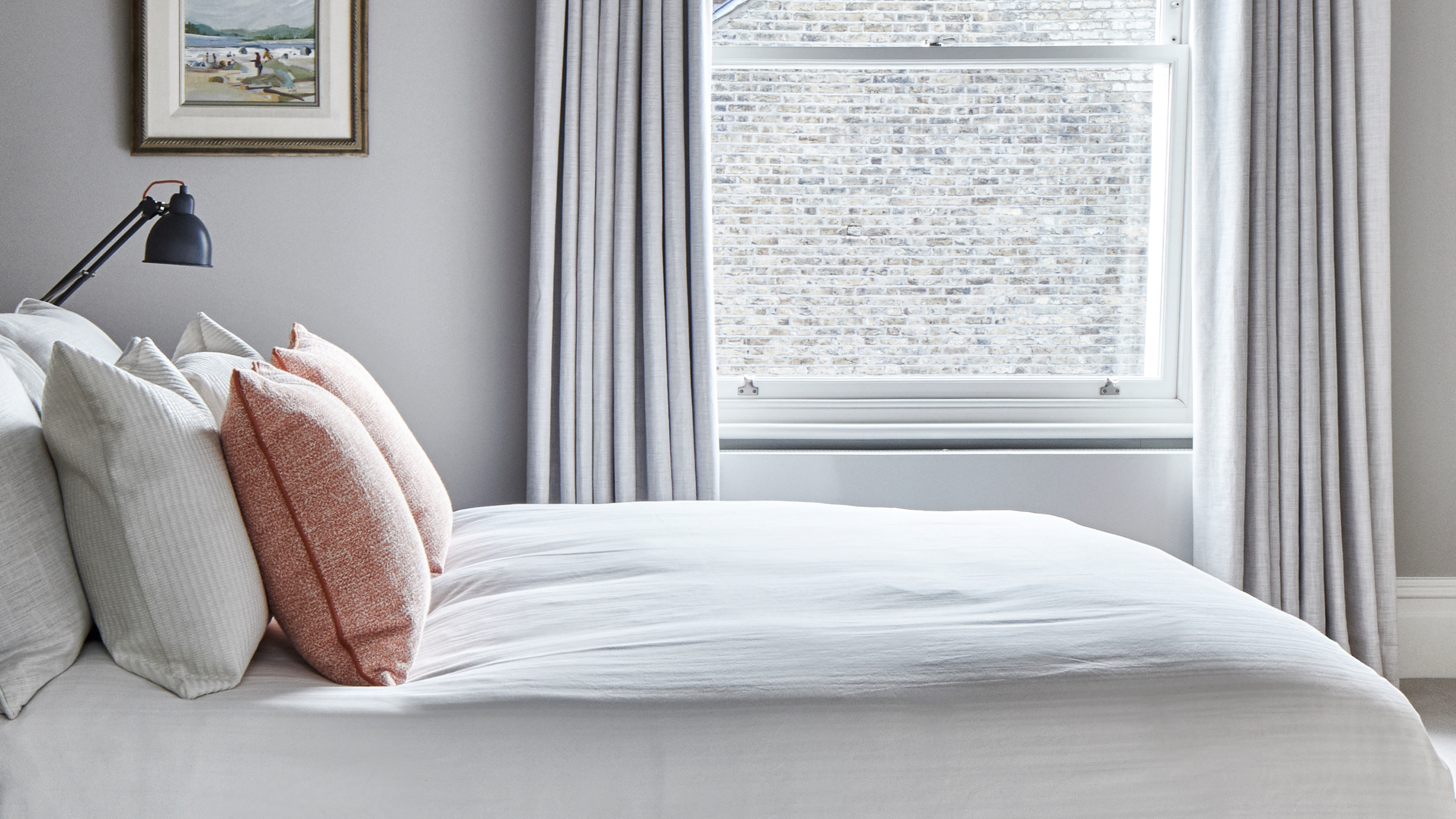
Sign up to our newsletter for style inspiration, real homes, project and garden advice and shopping know-how
You are now subscribed
Your newsletter sign-up was successful
We've had a lot of heatwaves this year, with another on the way, and one of the things they may have revealed to you is how well your home handles the heat. In particular, how well your bedroom copes with extremes of temperature.
What you might not have realised – and I certainly didn't until a series of house moves meant I spent time living in a new build flat, a 1950's semi, an apartment in a high-ceilinged Georgian property that was impossible to keep warm in winter but cool and comfortable in summer, and a modern semi-detached house that was cosy in cold weather but quickly overheated in summer – is that the type of house you live in can have a big impact on your sleep.
I asked two property experts to explain which type of house is more likely to impact your sleep and why, and what can be done about it.
'The UK’s housing stock is notoriously poor at dealing with heatwaves,' explains Arron Ashcroft, heating expert and founder of home energy solutions provider Grant Store.
'Insulation isn’t just a winter concern; proper insulation prevents outside heat from penetrating the home, meaning rooms can stay cooler for longer without the need for constant appliance use.'
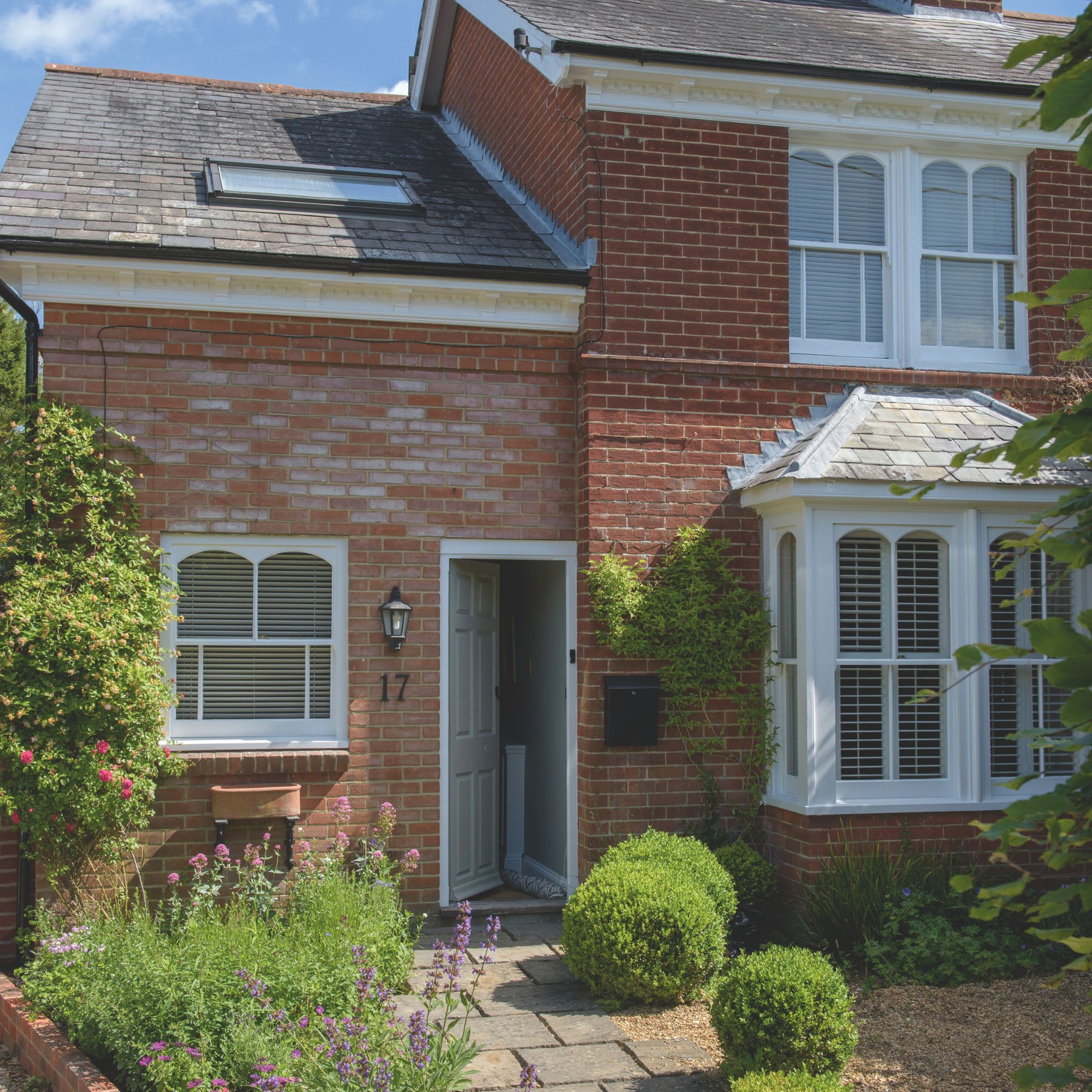
'Recent data reveals that over 9.6 million UK households are plagued by poor insulation and inadequate ventilation,' agrees Adam Clark, property expert at My Local Toolbox, 'while 11% of households report temperatures so extreme that sleep is compromised.'
And, 'poor temperature regulation in your home isn’t just uncomfortable,' warns Adam, 'it’s actively sabotaging your sleep and long-term health.'
Sign up to our newsletter for style inspiration, real homes, project and garden advice and shopping know-how
'The ideal bedroom temperature for a restful sleep is between 16-18°C', Adam reveals. 'When your bedroom is too cold, your body expends extra energy to maintain warmth, leading to shallow, interrupted sleep. Conversely, when the room is too hot, your body struggles to cool down, resulting in restless nights marked by tossing, turning, and night sweats.'
'Both extremes disrupt your circadian rhythm, leaving you tired and less alert the next day,' says Adam, 'and certain types of properties are particularly prone to temperature instability.'
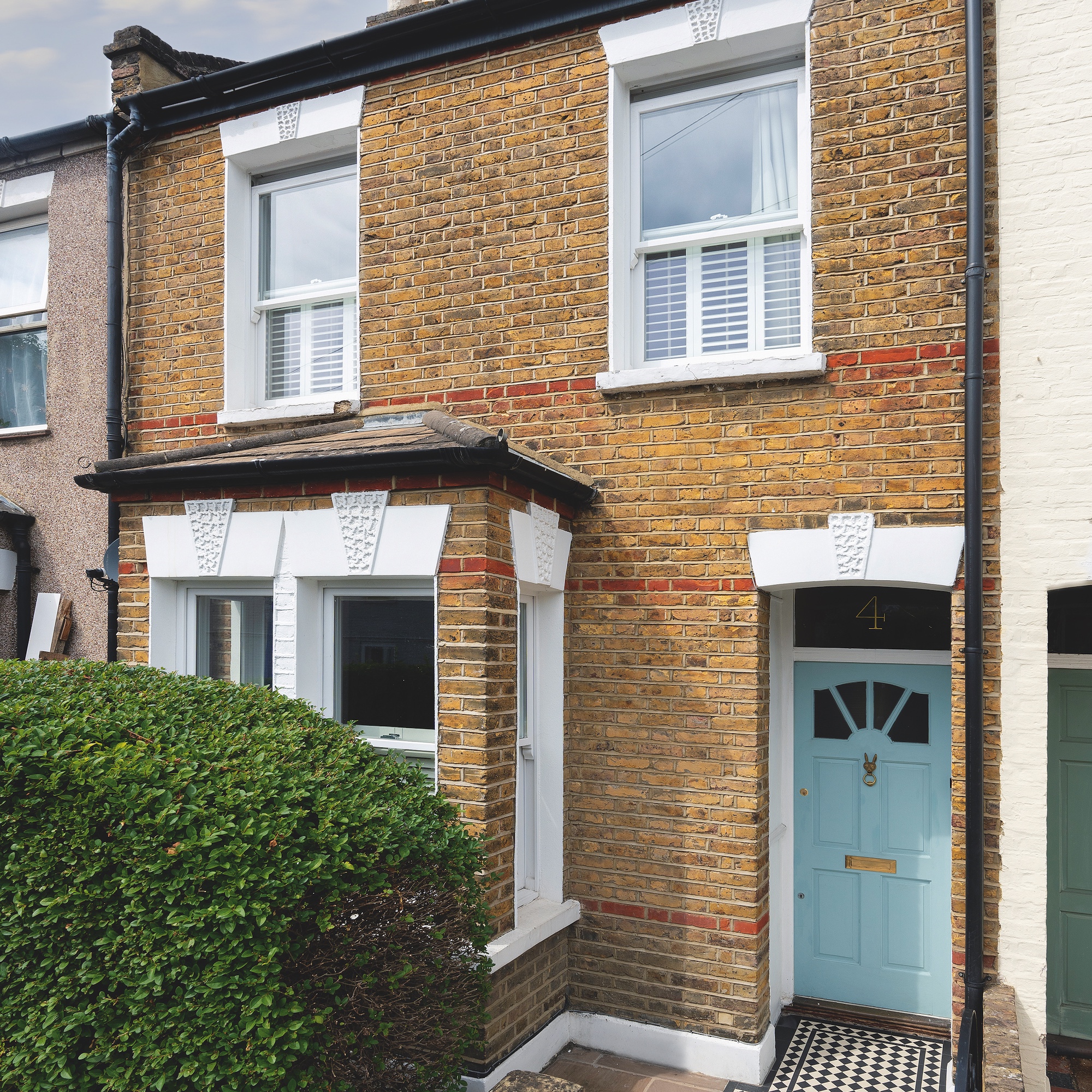
Types of home most likely to impact your sleep
- Victorian & Edwardian terraces: 'Often equipped with single-glazed windows and minimal insulation, these older homes can be bitterly cold in winter and overly hot in summer,' says Adam.
- New build flats with large windows: 'Floor-to-ceiling windows, while stylish, can trap heat during summer months, creating a greenhouse effect,' Adam warns. Plus, I've found some flats only have windows on one side of the building. This can make it extremely difficult to get airflow through your home, as opening windows on both sides of a property is what helps ventilation and air circulation – the key not just to temperature regulation, but also to avoiding damp.
- New builds: I would also add to that new builds in general. All the new build homes myself, my family, and my friends have lived in have been far hotter in summer than older properties. This is likely down to modern building materials and stud walls, which provide less insulation from the heat.
- Converted lofts & attic rooms: 'These spaces frequently experience extreme temperature swings due to inadequate insulation and poor ventilation,' shares Adam. No surprise to those of us who have struggled to sleep in a south-facing loft bedroom during the last heatwaves.
- Cottages & rural homes: 'Though built with thicker walls, limited airflow in these properties can make them hard to heat in winter and cool in summer,' says Adam.
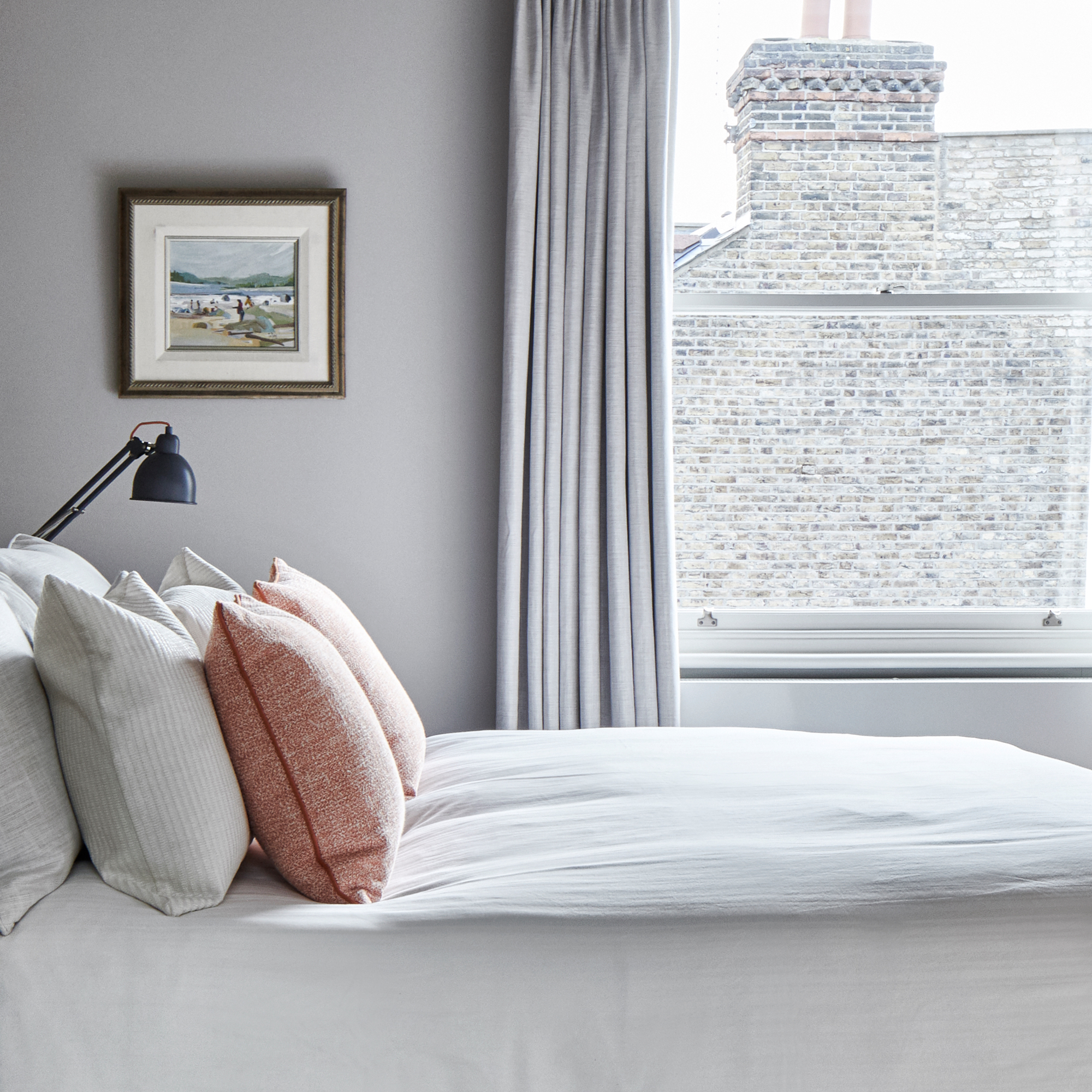
There are ways you can make a bedroom cooler temporarily, whether that's installing blackout blinds or investing in one of the best fans or the best portable air conditioners.
But, as Arron points out, these temporary fixes aren't a long-term solution, and in the case of cooling appliances, they can actually exacerbate the problem, leading to increased energy usage, which has a knock-on effect on climate change.
Three common temporary solutions
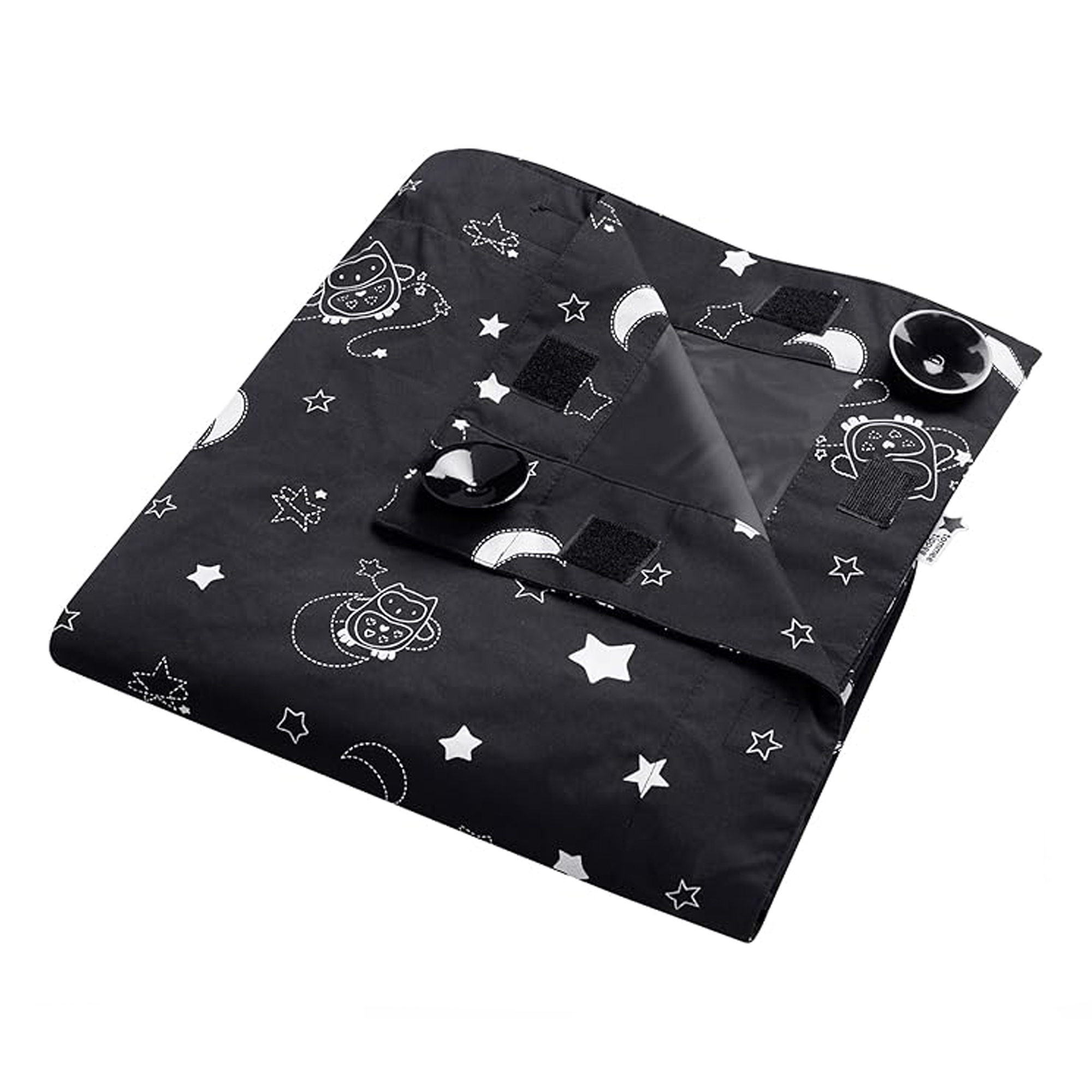
It may be aimed at kids' bedrooms, but I've found this temporary blackout blind makes a big difference when it comes to shading my south-facing dormer bedroom window. Suction cups mean you can easily stick it to any window, and remove it without a trace when temperatures cool.
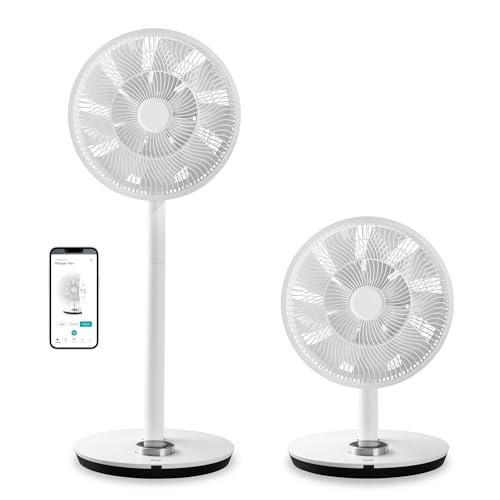
I also swear by this fan for those unbearably hot and humid nights. It really is as whisper-quiet as its name suggests, meaning it doesn't disturb me to have it running in the bedroom overnight. It's also one of the most energy-efficient fans I've tested.
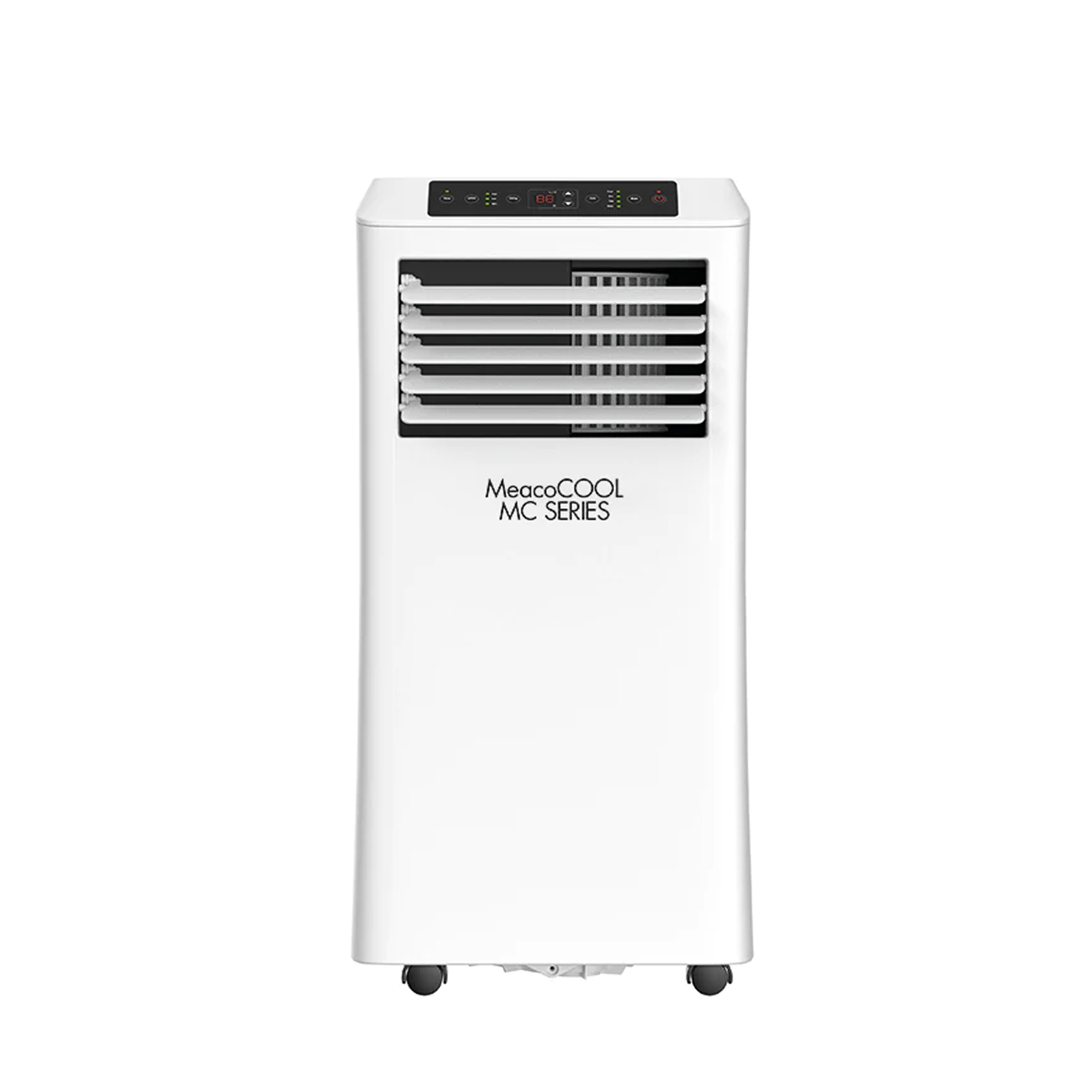
Personally, I find a portable air conditioner far too noisy to have running in my bedroom overnight. Plus, they guzzle energy. However, if you can find it in stock, this Meaco model is one of the best in the business.
So what's the real solution? 'Government-backed initiatives to improve insulation, shading, and ventilation need greater awareness and support,' says Arron. 'As summers get hotter, it’s essential to shift from reactive hacks to proactive investment in our homes.'
'The real long-term answer lies in better home insulation and ventilation systems. The difference between discomfort and danger is narrowing – especially for those with health conditions.'
It's certainly something to weigh up if you're planning a house move in the near future.

Amy is Ideal Home’s Sleep Editor and the Ideal Home Certified Expert on Sleep. She's spent the last five years researching and writing about what makes for the best night’s sleep during the day and testing out sleep products to find the best-in-class by night. So far she’s clocked up over 10,000 hours of pillow, duvet, and mattress testing experience.
Our go-to for all things sleep-related, she’s slept on and under bestselling products from Simba, Emma, Hypnos, Tempur, Silentnight, Panda, and many many more.
As a hot sleeper, Amy is always on the lookout for the most breathable bedding, but she also leads a wider team of testers to ensure our product testing encompasses both hot sleepers, cold sleepers, front sleepers, back sleepers, side sleepers, and everything in-between.